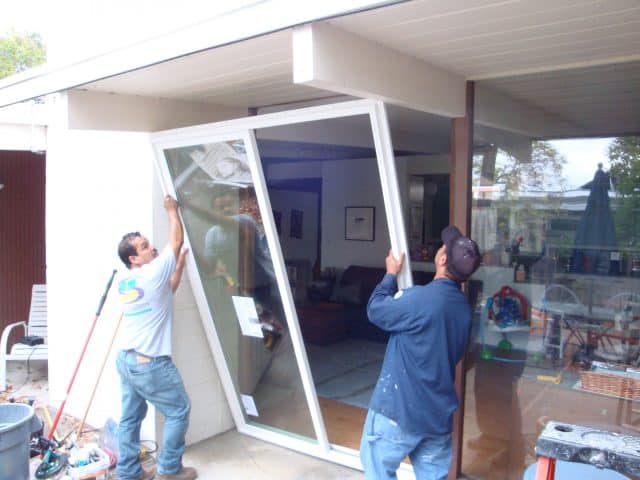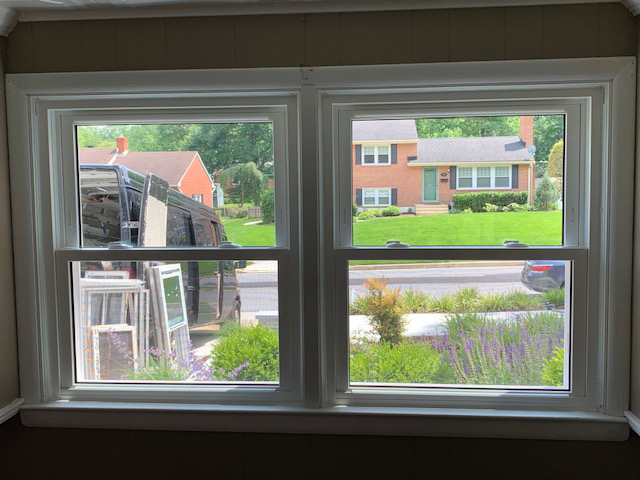
When it comes to upgrading or replacing your windows, a crucial decision lies ahead: should you embark on a do-it-yourself (DIY) project or enlist the services of a professional for window installation? Each option comes with its own set of advantages and drawbacks, making it essential to assess your priorities, skills, and resources. In this comprehensive guide, we’ll explore the pros and cons of both DIY and professional window installation, empowering you to make an informed choice that aligns with your needs.
The Case for DIY Window Installation
Pros
- Cost Savings: One of the primary appeals of DIY window installation is the potential for significant cost savings. By cutting out labor expenses, you can allocate your budget more flexibly towards high-quality materials.
- Personalized Timeline: Undertaking the installation yourself allows you to work at your own pace, accommodating your schedule and minimizing disruption to your daily routine.
- Sense of Accomplishment: Completing a DIY project can be immensely satisfying, fostering a sense of accomplishment and pride in your home improvement skills.
Cons
- Skill Requirements: DIY window installation demands a certain level of skill and expertise. Without the proper know-how, you may risk improper installation, leading to drafts, energy inefficiency, and potential damage.
- Time-Consuming: While a personalized timeline can be an advantage, the flip side is that DIY projects often take longer than professional installations. This extended timeframe may be inconvenient, particularly if you’re replacing windows in critical areas of your home.
- Voided Warranties: Some window manufacturers may void warranties if the installation is not performed by a certified professional. This could lead to additional expenses down the line if issues arise.

The Benefits of Professional Window Installation
Pros
- Expertise and Precision: Professional installers bring years of experience and specialized knowledge, ensuring that your windows are installed with precision. This expertise minimizes the likelihood of future issues.
- Efficiency: Professionals are equipped with the right tools and resources to complete the job efficiently. This can be especially advantageous if you’re replacing multiple windows or working on a tight schedule.
- Warranty Protection: Opting for professional installation often comes with the added benefit of warranty protection. This safeguards your investment and provides peace of mind knowing that any issues will be addressed.
Cons
- Higher Costs: The primary drawback of professional installation is the associated cost. Labor expenses can significantly increase the overall project budget.
- Limited Control: Handing over the reins to professionals means relinquishing some control over the process. If you have specific preferences or a unique vision, communicating it effectively becomes crucial.
- Scheduling Dependence: Relying on professional installers may require aligning with their schedules, potentially leading to delays in getting the project started.
Conclusion
In the DIY vs. professional window installation debate, there is no one-size-fits-all solution. Your decision should hinge on factors like budget, available time, and your comfort level with the necessary skills. If you possess the expertise and are willing to invest the time, a DIY approach can be rewarding. On the other hand, if precision, efficiency, and warranty protection are paramount, enlisting professionals may be the wiser choice.
Before making your final decision, carefully weigh the pros and cons outlined above. Whichever path you choose, remember that enhancing your home’s windows is an investment in comfort, energy efficiency, and aesthetic appeal.
Written by Amy M. Cardenas
Like Us On Facebook








